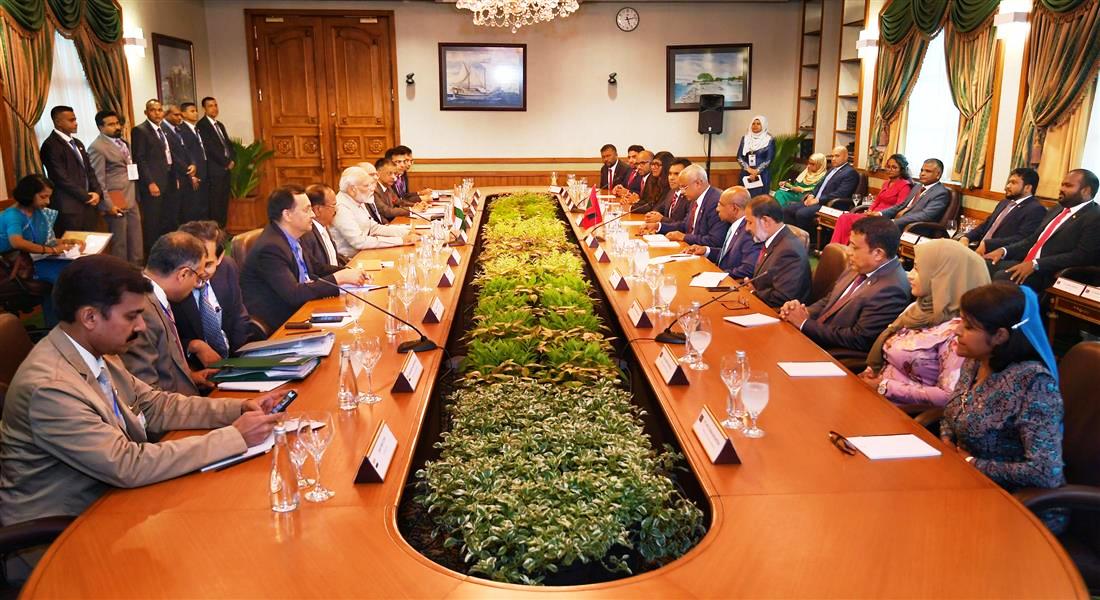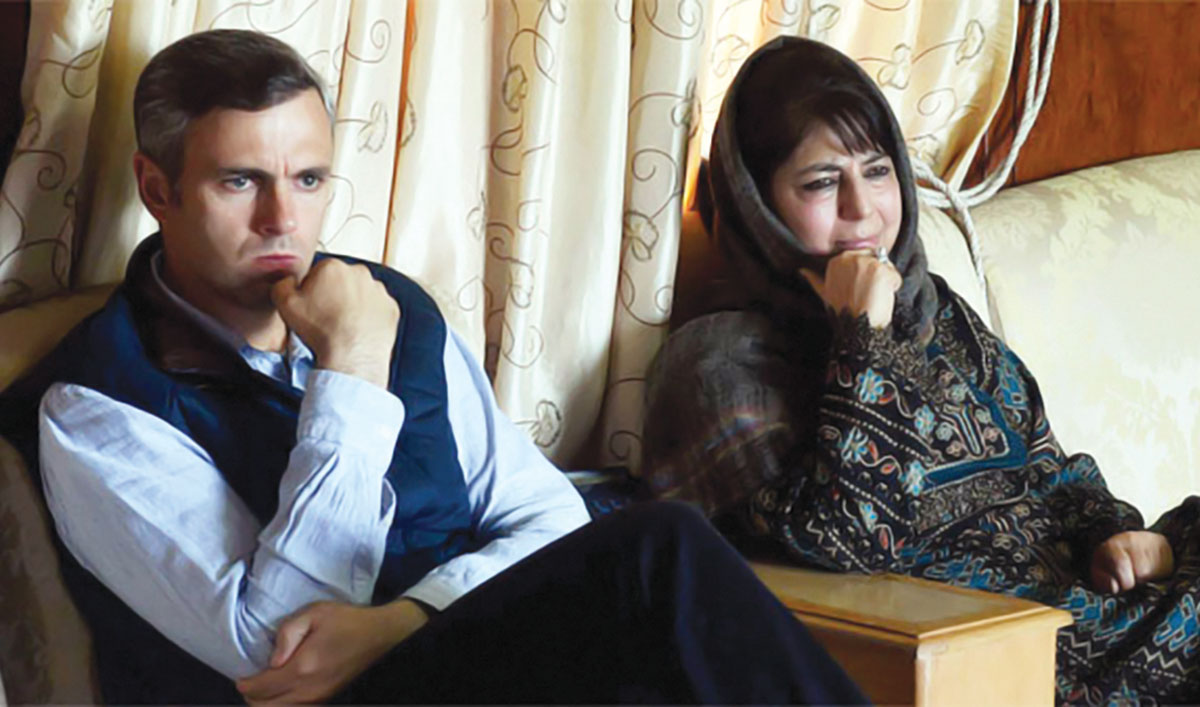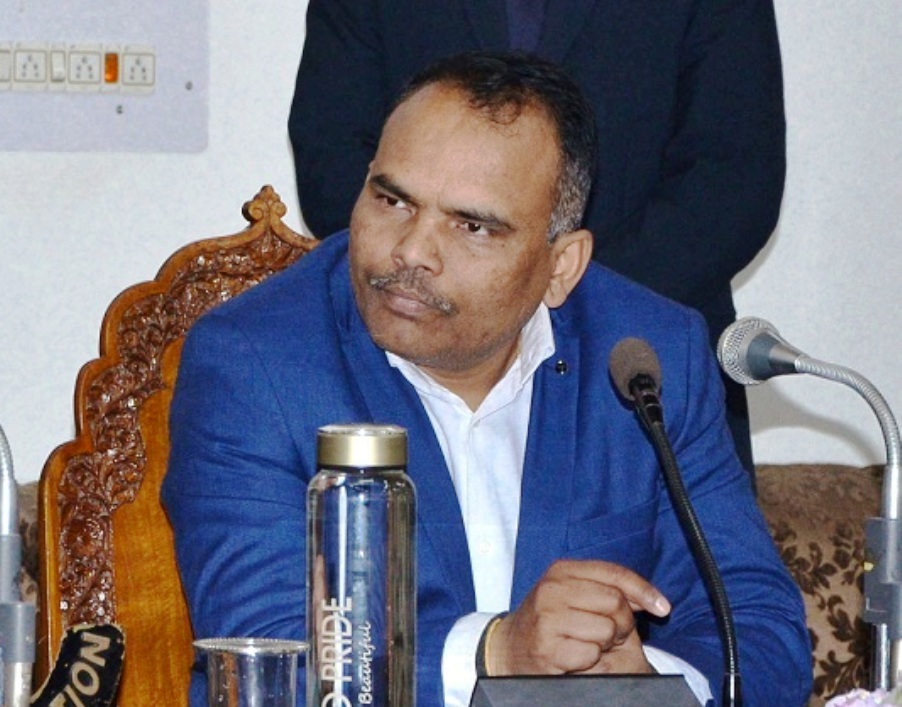by Vetriselvi Baskaran
On April 21, Maldives held its 20th Parliamentary elections, with 368 candidates contesting for 93 constituencies. Over 284,600 voters were eligible to vote at 602 polling stations, including three abroad. The Election Commission Chairman Fuwad Thowfeek stated: “While the voter turnout in percentage terms reflects a drop in 81per cent from 2019, the number of voters has increased by about 1000.”

On April 22, according to the reports available, the People’s National Congress (PNC) won a majority of 71 out of 93 seats. The opposition – the Maldivian Democratic Party (MDP), led by former president Ibrahim Mohamed Solih could secure only 15 seats. On April 23, six of the 11 independent candidates joined the PNC, increasing its tally.
The background
The electoral system has operated under a one-party system dominated by the Maldivian People’s Party (MDP) since 1965. In 2008, the Maldives transformed, adopting a new constitution that made it a multiparty democracy. In the 2014 parliamentary elections, the Progressive Party of Maldives (PPM) won 53 seats out of 85. In 2019, the Maldivian Democratic Party won 65 out of 87 seats. In 2024, eight political parties contested in the recently concluded elections.
The Maldivian Democratic Party (MDP) was founded in 2005; Abdulla Shahid and Ibrahim Mohamed Solih are notable leaders. The Progressive Party of Maldives (PPM) was founded in 2011; Abdulla Yameen, President between 2013 and 2018, headed the party but left to form a new party – the People’s National Congress (PNC). Mohammed Muizzu, the present President, was a Male city mayor who contested on behalf of Yameen’s PNC. The Democrats were formed in 2023, a faction within the MDP, with Mohamed Nasheed as its leader.
The Electoral Issues
First, there is an ideological divide between Muizzu’s People’s National Congress (PNC) party, which advocates for closer economic cooperation with China, and the opposition Maldivian Democratic Party (MDP), which is perceived as more pro-India.
Second, the anti-Indian sentiments and their implications before and during the elections. The PNC seem to have successfully mobilized the “India Out” campaign and a “Pro-Maldives” campaign.
What does it mean?
First, continuity and perhaps political stability. Since the country’s shift to a multiparty system, the successful conduct of the parliamentary and presidential elections demonstrates the Maldives’ commitment to its democratic process.
Second, a stronger Muizzu. The victory will likely be seen as an endorsement of his pro-China campaign. He pitched reducing dependency on India, increasing cooperation with China, and diversifying its relations with other countries, demonstrating a “pro-Maldives” perspective. Will the election’s success make him more confident and pursue a balanced approach, or will he continue leaning towards China? It remains to be seen.
(Courtesy: National Institute of Advanced Studies (NIAS), Indian Institute of Science Campus, Bangalore)













